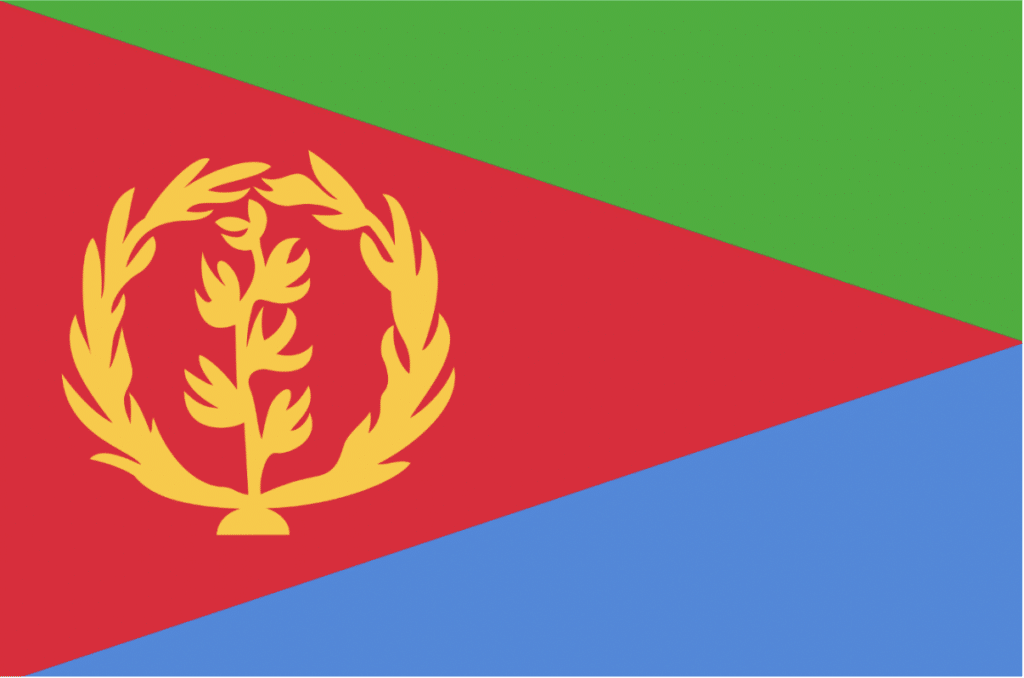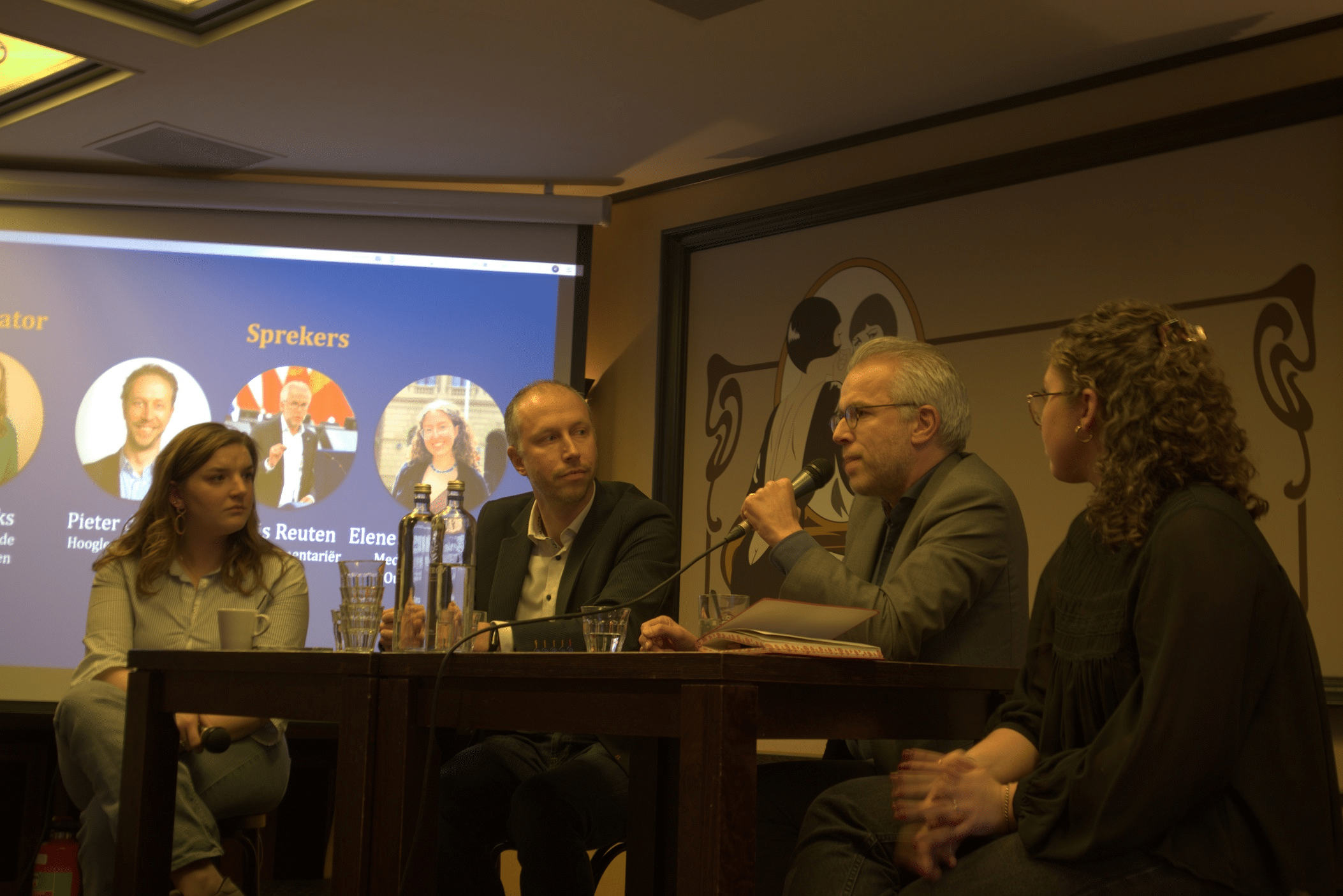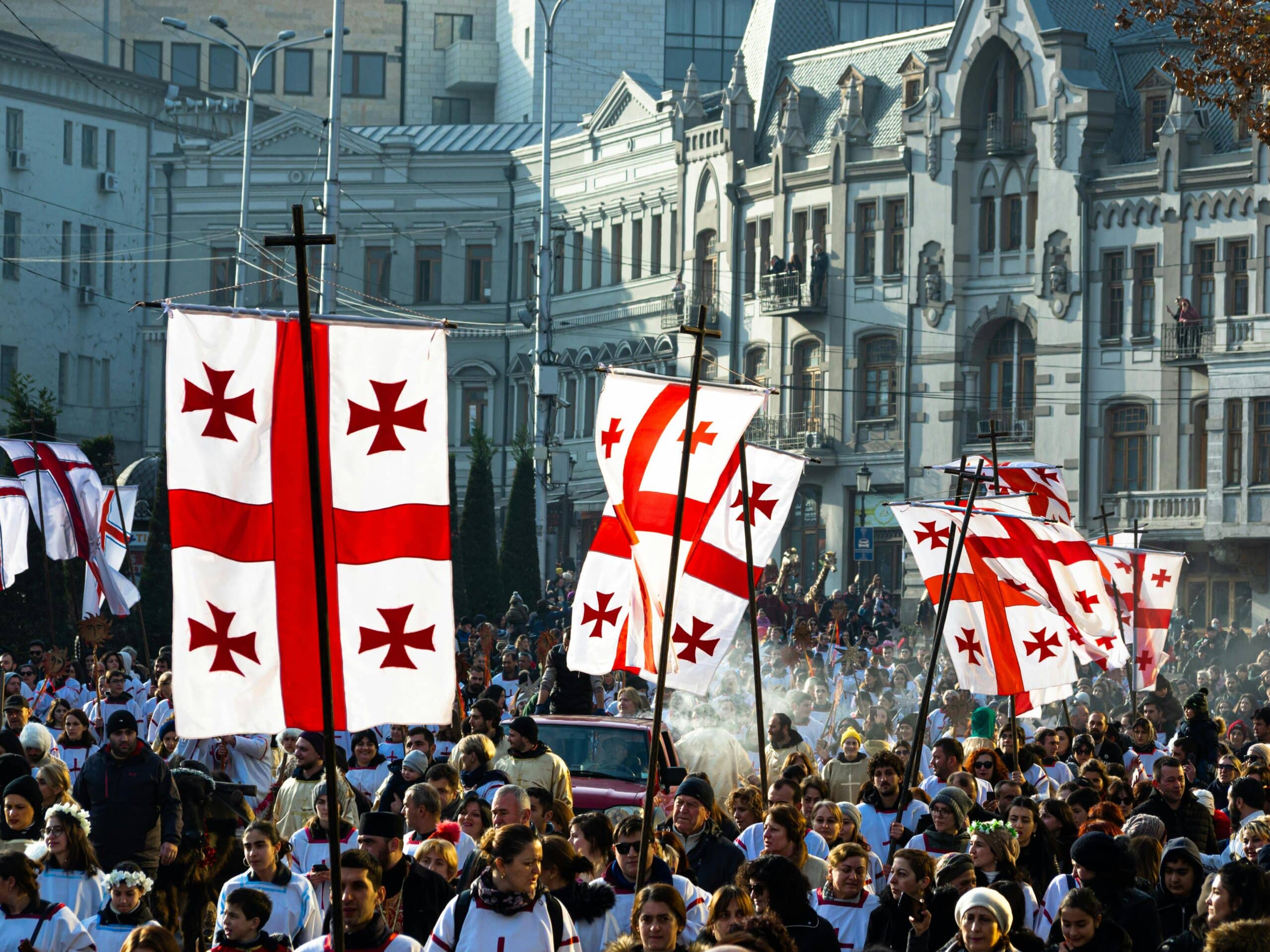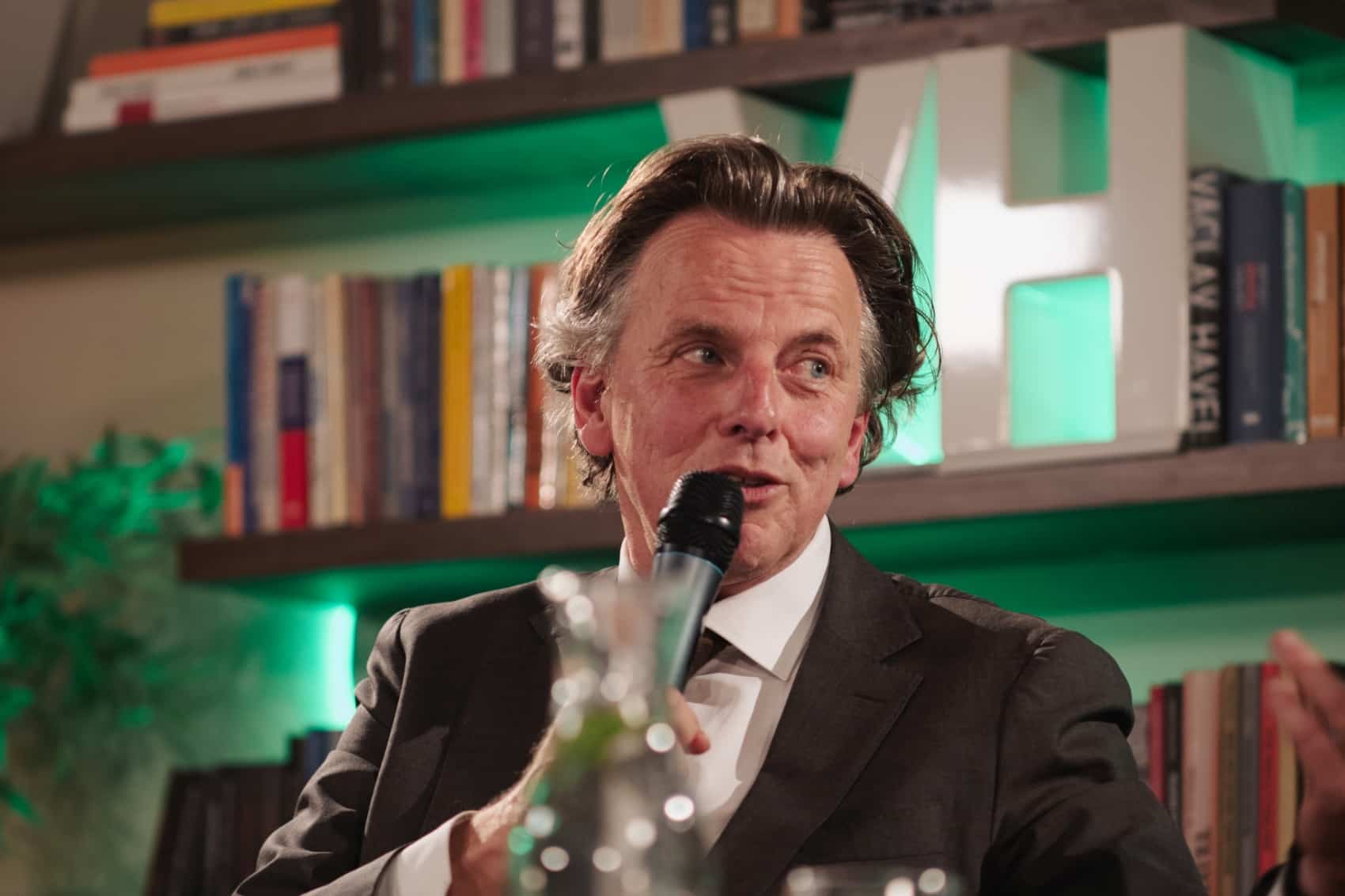The clashes in The Hague between people from the Eritrean diaspora are not isolated incidents. Similar tensions occur in several countries. Dutch politicians advocate cracking down, without properly understanding the root causes, especially the role of the dictatorial Eritrean regime.
Recently, tensions within the Eritrean diaspora escalated into violent clashes in The Hague. The trigger was an event organised by supporters of the Eritrean regime. Similar gatherings in many other countries have also led to such clashes. Indeed, on the same day that violence erupted in the Netherlands, a similar situation took place in North Carolina. But it is not a new phenomenon for the Netherlands either: unrest within the Eritrean diaspora has surfaced in several cities before.
Dutch politicians call for harsh punishment for perpetrators of violence, or even for them to be deported. Apart from the fact that this is a reprehensible call that plays on xenophobic sentiments in the country, it is also short-sighted. After all, this is about much more than simply a group of violent rioters. Therefore, it is important to take a deeper look at the cause of tensions within the Eritrean diaspora worldwide, and above all, the role played in it by the dictatorial Eritrean regime.
The Eritrean political background
Eritrea, like many African countries, owes its borders to European colonialism, as a result of the so-called ‘scramble for Africa' at the end of the 19th century. Indeed, when European powers 'divided' the continent of Africa, they drew artificial borders, which, including in Eritrea, completely ignored the various local dynamics, such as ethnicity, language, and religion.
The scramble for Africa additionally heralded the beginning of the Italian colonisation of Eritrea. During this period, Eritreans were forced to fight in the Italian army, Italy brought cattle plague to the country, Eritrean education was infiltrated by fascist propaganda and Christian missionaries, and Italy deliberately pitted different ethnic groups against each other.
Meanwhile, Mussolini had made Eritrea part of 'Italian East Africa'. After the collapse of Italy in World War II, and a period of British mandate, the United Nations decided in 1952 to make Eritrea part of the Empire of Ethiopia. This completely ignored the Eritreans' expressed desire for independence.
It led to a 30-year Eritrean War of Independence from 1961 to 1991. It was fought against the Ethiopian army by two independence movements - the Eritrean Liberation Front (ELF) and the Eritrean People's Liberation Front (EPLF) - which, moreover, also fought among themselves.
In the end, the EPLF led by Afewerki won. The independence movement became Eritrea's only political party (the People's Front for Democracy and Justice, PFDJ) and Afewerki became the country's leader. His grip on Eritrean society was additionally strengthened in 1998, when the country became entangled in a border war with Ethiopia.
Oppression by the Eritrean dictatorship - inside and outside its borders
Afewerki and his party remain in power to this day. Under this rule, Eritrea is one of the least free countries in the world. Thus, there is no parliament, a constitution, free media, freedom of speech, an independent judiciary, religious freedom, political activity, or criticism of the regime. In addition, there is strict conscription, which can be extended for undefined periods of time, sometimes up to 10 years. To deal with minorities, (suspected) opposition, and Eritreans trying to flee, there is a high level of long prison sentences, torture, detentions, killings, and persecutions.
Eritrea's control over its citizens is not limited to within its borders. The diaspora is also a victim of this. For instance, the regime provides training to mobilise young people in the diaspora. In addition, Eritrea operates a 'diaspora tax', which puts worldwide pressure on the Eritrean diaspora to hand over two per cent of their income. If they disobey, they are threatened with violence towards their relatives who are in Eritrea, for example. Similar oppression is also visible in the Netherlands. Christopher Houtkamp, affiliated with Clingendael, states that Eritrea is "pretty high on the spectrum" with regard to foreign influence that includes violence.
Eritreans who fled the dictatorship say they are watched, intimidated, and threatened by the Eritrean regime, but also by Eritreans who have emigrated before. These older Eritreans did not flee from the dictatorship, but fled during the war period of the 1980s and 1990s that preceded Eritrea's independence. During the war against occupying Ethiopia, partly through mobilisation, they were nationalist supporters of the Eritrean independence movement, the movement from which the current dominant party emerged. As a result, they, as well as their children, feel relatively more connected to the regime and their homeland. They associate the dominant party more strongly with Eritrean liberation than younger generations.
FMS spoke to Eritrea expert Binyam Andebrhan. He is from Eritrea and is committed to counselling refugees. According to Andebrhan, for part of the diaspora, historical support for the Eritrean independence movement has become a fundamental part of their social life and identity. This nationalism is all the more reinforced when these refugees cannot find a 'home' in the Netherlands, he explains. The reason why Eritrean refugees who adhere to the regime 'then don't just return to Eritrea', as politicians sometimes suggest, is simply that they have been living in another country for decades, and have therefore built up a career and family. In addition, their chances of building a stable life in Eritrea are quite low. Andebrhan: "They too know that they cannot make it in Eritrea if they go back. Indeed, Eritreans who went back to Eritrea after independence have all but a few returned to the Netherlands."
These older generations clash more often with the newer stream of Eritrean refugees, who have experienced - and fled - the abuses of Afewerki's policies themselves. This divide creates global tensions within the Eritrean diaspora. At the same time, as Binyam Andebrhan indicates, it is important to note that these two groups are only a subset of Eritreans in the Netherlands, and do not represent the entire community.
The motivation behind pro-regime parties
One of the ways in which the Eritrean regime tries to control its diaspora worldwide is to organise cultural events, such as parties and festivals, where representatives of the regime are present. These gatherings serve to raise money from the Eritrean community, spread propaganda, pressure attendees, and threaten harsh measures in case of disobedience. Although these events are often labelled as 'cultural', they are thus rather of a political and repressive nature. Thus Eritreans who fled describe that the festivals feel like a threat and glorification of dictatorship.
Instead, the gathering in The Hague was described by the pro-regime organisers, posing as a "cultural community", as a cultural "New Year celebration". This label is anything but accurate, explains Binyam Andebrhan: "The gathering was organised to commemorate and celebrate the 1990 Battle of the Coastal City of Massawa against Ethiopia."
The event would therefore feature political slogans, tax collection, and the threaten of fugitive Eritreans who are anti-regime. "All those present wore a shirt that read 'Sheabia forever' (Sheabia is the Arabic name for EPLF). It was not a convivial gathering. It was organised by the regime," Andebrhan said.
These events are causing growing resistance among Eritrean migrants worldwide. They therefore also regularly organise counter-demonstrations and disruptions, or try to have the gatherings banned, usually without success. For instance, since 2022, a group called Brigade Nhamedu, consisting of young Eritreans who have fled the dictatorship and are speaking out against Eritrea's long arm, has emerged. These young people often carry trauma from their experiences of political persecution and their flight from Eritrea.
In The Hague, too, this group revolted against the pro-regime event. The location of the party was kept secret for a long time, making it impossible for the opposition to organise a demonstration. In addition, their requests to ban the gathering were not heeded. Eventually, the, now considerably frustrated, counter-demonstrators managed to find the meeting place after all, and a confrontation ensued.
The role of violent confrontations
Binyam Andebrhan explains that by no means all Eritrean refugees who want to take action against pro-regime events are violently organised. Many come to the rallies to demonstrate peacefully. So why do pro-regime events and counter-demonstrations so often lead to public violence?
The Eritrean regime trains and directs a paramilitary organisation called 'Eri-Blood'. According to Eritrea expert Mirjam van Reisen these thugs are strategically deployed at pro-regime events to provoke incidents with counter-demonstrators, who usually want to protest peacefully.
According to Binyam Andebrhan, however, the situation in the Netherlands was more nuanced, as some counter-demonstrators of Brigade Nhamedu do initiate violence, and Eri-Blood plays a monitoring rather than provocative role at pro-regime events. Here, he says, it is important to realise that supporters of Brigade Nhamedu are largely young people who have had a very difficult time all their lives and are also stuck in the Netherlands. The frustration they rightly feel at propagandistic, threatening, and intimidating pro-regime events is all the more fuelled when, as was the case on 17 February, the police play such a strong role in protecting these gatherings, for instance by keeping the location secret. This was brought about by the strong lobbying influence of the event organisers, who were represented towards the media and politicians by Myra Koomen, a controversial former CDA MP.
Regardless of who initiates it: the violence ultimately works in favour of the regime. The Eritrean government benefits when the opposition gets a bad name worldwide. The hostile image created of Eritrean migrants in a country like the Netherlands also discourages dissidents from fleeing to Europe. In addition, foreign opposition can be 'silenced' when they are mapped by the police, courts, and politicians in their countries of residence. This also seems to be the case in the Netherlands.
The dictatorial dream scenario would be complete if the opposition members were sent back to Eritrea, for the regime to deal with them. Thus, "rounding up and deporting" these migrants - à la Wilders - would be a dream for the Eritrean dictatorial regime. This is why Binyam Andebrhan also notes that this potential measure is not in line with the rule of law.
How next?
In the Netherlands, people were quick to point to the Nhamedu Brigade as the central problem, rather than 'the long arm of Eritrea' itself. This narrative was fed, among others, by the Eritrean ambassador and Myra Koomen, on behalf of the pro-regime organisers of the meeting.
Right-wing politicians seem to have adopted this narrative, which falsely portrays the escalation as a neutral New Year's Eve party unilaterally disrupted by a vengeful, and irrational grouping. Koomen even claimed that the grouping was made up of Ethiopians, not Eritreans. Consequently, the majority of the House of Representatives has expressed support for an investigation into Brigade Nhamedu. Several parties, including NSC, are even considering a ban. This approach does not pay enough attention to the background and motivations of this movement.
Instead, many members of the Eritrean diaspora are calling for a ban on the intimidating pro-regime events, as these are unwanted foreign interference that puts pressure on the security and rights of Eritrean diaspora. Binyam Andebrhan points out that a ban is not always easy to implement, as this requires concrete evidence that these events violate the law, without putting pressure on freedom of association.
So how should Eritrea's long arm, and with it partly violent reactions to it, be addressed? PvdA and GroenLinks have been advocating since 2019 for a hotline for people in the Netherlands under pressure from foreign influence from their country of origin. This is unfortunately opposed by right-wing parties. The knowledge about the abuses of the Eritrean regime and Eritrean influence in the Netherlands is there. "A lot has already been researched and is known about the foreign influence of the regime, including in Dutch politics. The Dutch government just does not dare to take action," Andebrhan said. According to him, the Netherlands, like many other European countries, continues to cooperate with the Eritrean regime out of self-interest, particularly to curb the flow of refugees. For instance, the Netherlands has not banned the diaspora tax, as Denmark and Canada have done.
One measure that countries like the Netherlands could take in addition is to close Eritrean embassies, which act as a tool for Eritrea's control of its diaspora. Although Andebrhan sees this as a symbolically significant measure, he maps out how closing Eritrean embassies does not directly address pro-regime mobilisation and support. For this, he says, it may also be applicable to deny access, ideally at the European level, to senior officials and artists sent by the Eritrean regime to diaspora-rich countries for propaganda and hate speech purposes.
Also, Andebrhan suggests that more attention should be paid to integrating, guiding and supporting Eritrean refugees. Many of them, in both older and younger generations, are struggling to find their place in the Netherlands. For the older, more nationalistic, generations, more support could make them less likely to be pulled by Eritrean propaganda. For the younger generations, it could make them less susceptible to provocations to use violence.
Without these measures, diaspora communities will continue to be victims of intimidation and the chaos of February 17 will only become more frequent.





